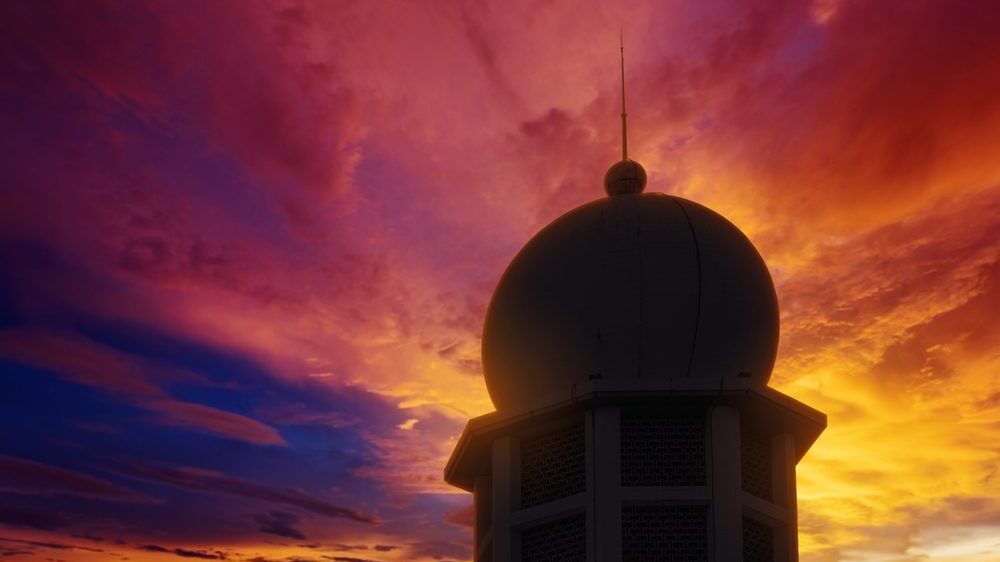
All twelve recognized ‘Diyanet’ mosques, so called for their association with the Turkish Directorate of Religious Affairs of the same name, have been found to be under foreign influence in some capacity, thereby violating a Flemish decree.
While nine of the mosques get off with a warning, for three of them, a procedure has been initiated for their recognition to be temporarily suspended. Flemish Minister of Home Affairs Bart Somers (Open VLD) made the announcement on Tuesday, April 2nd, during a closed committee within the Flemish Parliament.
As a result of a suspension, mosques would lose any financial support from the government, while leaving their head, if foreign, unable to receive work and residency permits. They would also lose investment allowances and a property tax exemption, which houses of worship are entitled to.
In late 2021, the Flemish government came up with a new Recognition Decree for local religious communities. While intended to cut through the red tape so that such communities could establish themselves with more ease, the decree listed a series of conditions in return.
These included a clear ban on any foreign interference or financing, as well as the provision of a mandatory register that would track all donations.
As previously reported by The European Conservative, last year, Minister Somers expressed the Flemish government’s increasing concern over the so-called ‘Diyanet’ mosques, fearing they had become, or could become, under Istanbul’s de facto control.
The newly founded ‘Flemish Information and Screening Service’ was tasked with informing the twelve recognized Diyanet mosques—attended by members of Flanders’ Turkish community—about this, informing them that their progress would be reviewed.
The end result has proved disappointing, as was made clear during the closed committee at which the Information and Screening Service, state security, the Coordination Unit for Threat Analysis (CUTA), and Minister Somers were present.
According to Somers, “shortcomings” under the Flemish Recognition Decree were found in all twelve mosques.
“Flanders does not accept foreign interference in Flemish local religious communities. We do not accept that religion is instrumentalized through certain structures or ministers of worship in service of foreign interests. That we have found shortcomings today carries consequences,” the minister said.
While the mosques came up short in sufficiently distancing themselves from foreign influence, due to reasons of confidentiality, no more details have been released.
Nine of the mosques will receive a slap on the wrist and have until November 15th to shape up. These are Beraat in Diest, Fatih in Genk, Mevlana in Genk, Yildirim Beyazit in Genk, Yunus Emre in Genk, Yesil Camii in Houthalen-Helchteren, Mehmet Akif in Antwerp, Hicret in Sint-Niklaas and Yavuz Sultan Selim in Ghent.
As for the ‘shortcomings’ of the remaining three—mosque Selimiye in Lommel, mosque Kevser in Aalst, and mosque Selimiye in Heusden-Zolder—these were deemed grave enough for Minister Somers to initiate suspension proceedings.
They are now given 30 days to present their arguments to the minister. Following that, Somers will make his final decision (whether to proceed with a suspension or not) within the month.
